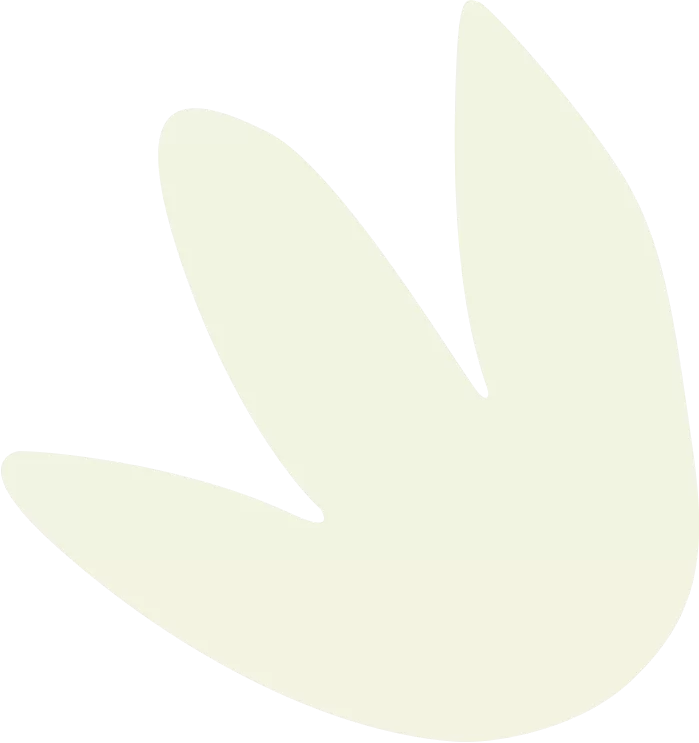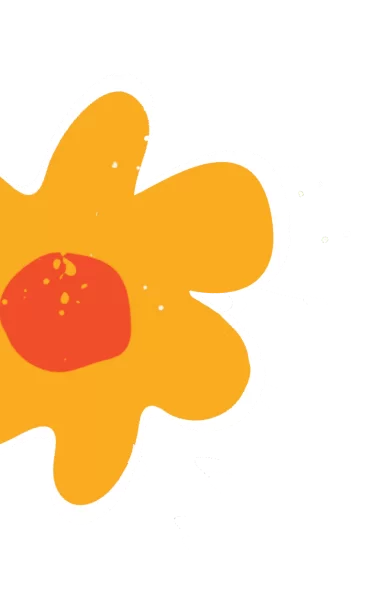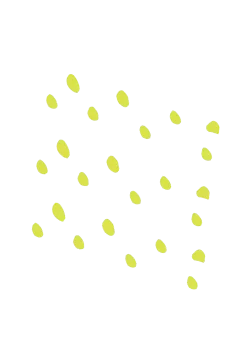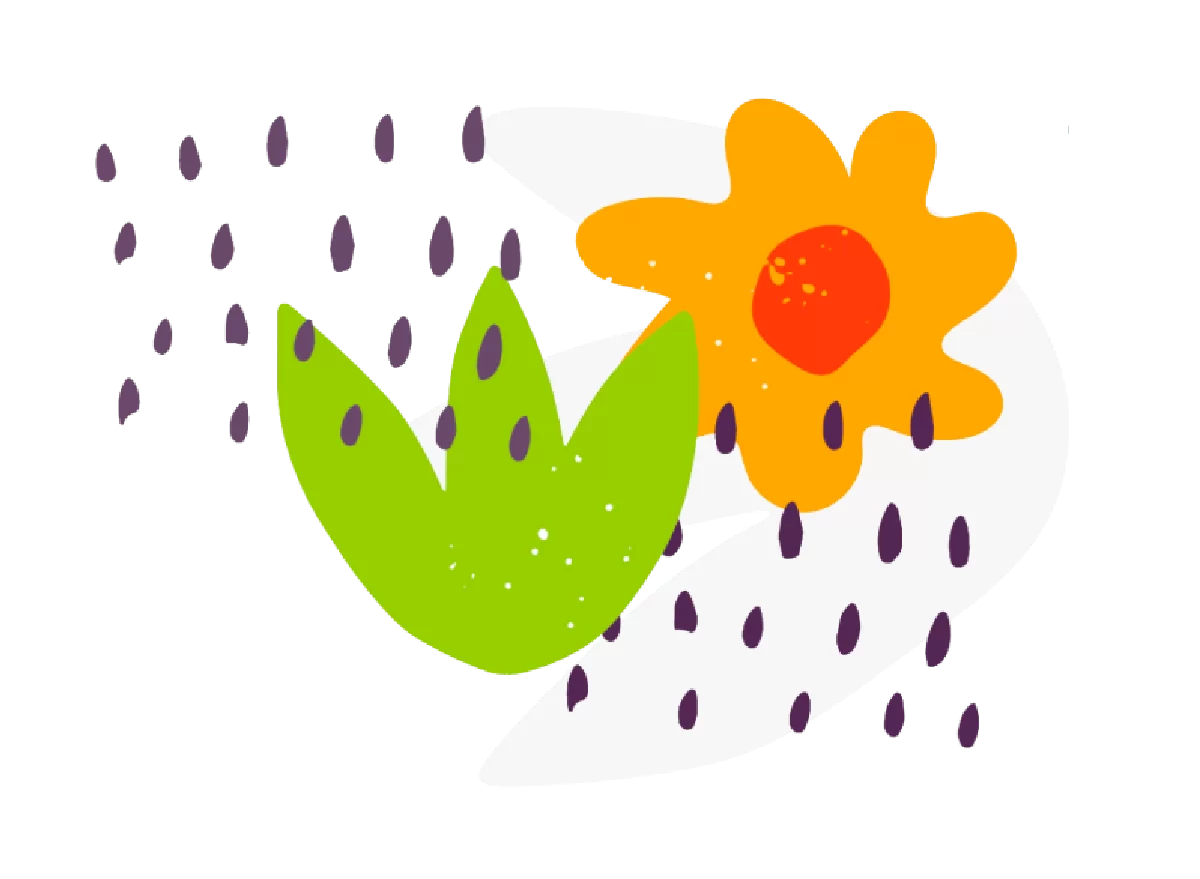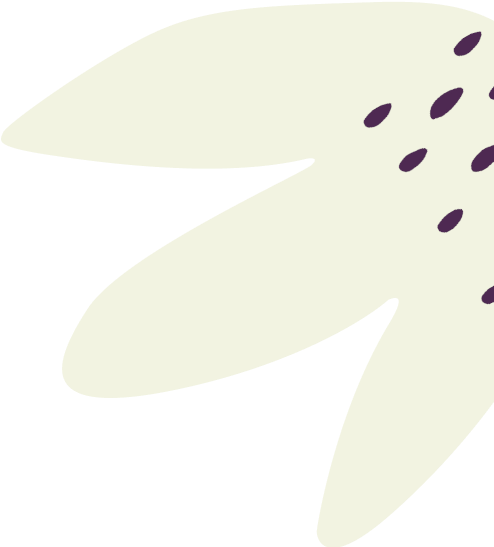What children are really telling us.
This session will help you recognise and respond to messages in children’s behaviour.
We all behave and communicate differently and at different stages in life. Whether it’s a little child crying for the attention of their mother, a teenager acting in a way we consider challenging or an adult losing control. All behaviour is communication that we can understand. This session explores how behaviour is formed, and what it’s really telling us and gives you the skills to respond to it.
Our systems are often set up to ‘manage’ behaviour young people display rather than helping us understand why they are behaving as they do. So what their behaviour communicate? This session aims at exploring it.
We recognise the importance of listening to children; we also know that not all communication is verbal. Young people are developing as they grow and learning new methods to communicate with us adults. Some of these messages are clear and conscious and some are unconscious and hidden in their behaviour.
We understand the difference between managing and understanding behaviour. To understand is not to condone but to condemn is a dead-end that is ineffective. When behaviour becomes ‘challenging’ traditional services usually focus heavily on management and are often flustered when strategies don’t work. When we understand behaviour and its origin, we feel more confident, young people feel listened to which reduces anxiety and they become calmer. Understanding behaviour is often the best way to get the outcome that we wanted when we are trying to ‘manage it’.
The language we use can be a barrier between adults and children. Terms like ‘complex’, ‘challenging’ or ‘risk taking’ to describe behaviour leave young people feeling misunderstood and unheard and can often exacerbate behaviour.
Through understanding the messages in children’s behaviour, we are able to provide a space where children recognise their feelings; we create empathy and this builds trust and respect, which goes a long way when trying to get the best for young people.
Learning Outcomes:
- How behaviours are formed and reinforced
- Child development theories such as attachment, conditioning, psychosexual and social development
- The cycle of abuse
- How children develop ‘survival’ behaviours
- De-escalation and responding to behaviour
- Using tone and language effectively
- Enhanced listening + communication skills



